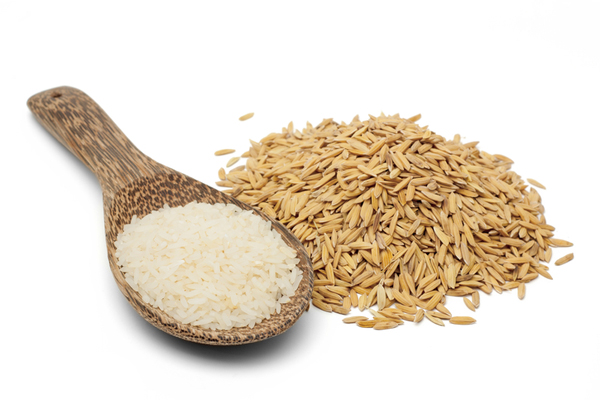
Gluten Intolerance
What is gluten intolerance and how should you deal with it? Here we examine everything you need to know.
Are you living with gluten intolerance? Perhaps someone close to you is living with gluten intolerance and you are interested in learning more about this health condition.
If so, www.slimming.co.uk can help you to learn more about the symptoms and treatments available and where you can go to get help. Living with gluten intolerance need not be an inhibiting disability with a little professional guidance you can enjoy a healthy diet and feel better in your daily life.
Coeliac Disease
Those living with gluten intolerance have what is referred to as Coeliac Disease. This means that the individual is unable to properly digest grains, including wheat, oats, barley, rye and millet because the small intestine cannot handle certain protein components found in these foodstuffs and damage to the lining of the intestine results. Typically, individuals suffering from this disease exhibit the following symptoms: diarrhea, weight loss, abdominal pain, and iron deficiencies, malnutrition, irritability, tiredness, and muscle ache. Symptoms however, range depending on age and general health levels.
Diagnosis
Diagnosis of this condition usually involves two tests. The first is a blood test wherein the bloods levels of antibodies are measured and compared. This is not always conclusive however and thus a biopsy is usually required. Herein, a small part of the small intestine is removed so that damage to the lining can be observed and checked.
This condition is commonly hereditary but can also be brought on by over-consumption of wheat and grains, stress, injury or trauma. It is important to note that Coeliac Disease should not be confused with wheat allergy, which involves a severe immune system reaction to grains.
Treatments
This condition is not fully curable however treatments can ease the discomfort to the individual and ensure their proper nutrition. Usually adherence to a modified diet is the best remedy, wherein wheat is cut out of the dietary routine. This must be done under the guidance of a physician as malnutrition can result form improper alteration of diet. Pay attention to the labels on foods, consult your doctor and explore www.slimming.co.uk today for more information.
Symptoms of Intolerance
Want to learn to spot gluten intolerance symptoms? If you are experiencing digestive problems, learning to spot gluten intolerance symptoms is the first step towards getting control of the problem. The sooner you spot gluten intolerance symptoms, the sooner youll know to head down to your GP to get a formal diagnosis. So how can you learn to spot gluten intolerance symptoms?
The indicators of this ailment vary widely from person to person. However, there are some key things to watch for. One indicator is abdominal bloating and very bad wind or flatulence. This can often be accompanied by abdominal pain or cramps. Something to bare in mind though is that these indicators are common to a lot of different conditions including an inability to digest lactose, or Irritable Bowel Syndrome, so they need to be backed up by other indicators before coming to a diagnosis.
More indicative is malnutrition, since this condition stops you from processing the appropriate nutrients. Malnutrition can be diagnosed by thin, breaking nails, and an abnormal amount of hair loss, as well as a rapid weight loss. If you experience this, its a good idea to see a GP immediately. Other varied indicators of this condition dont necessarily have to involve the digestive tract. These include irritability, muscle cramps, depression, joint pain, menstrual irregularities and exhaustion.
This condition can be life threatening if left untreated, so if you suspect you or someone you know might be suffering from it, its important to get professional help immediately.
Most Popular
- › Cholesterol Levels - High & Low - Explained
- › Vitamins & Minerals in Foods
- › Home Gyms for Exercising
- › Diet & Nutrition Tips & Advice
- › Detox for Weight Management
- › Is Child Obesity A Major Issue?
- › What is Healthy Weight Loss?
- › The GI Diet Plan
- › The Keto Diet Plan - High Fat, Low Carbs
- › Personal Training Workouts
You may also be interested in...
Wheat Intolerance
Do you know what wheat intolerance is and what the symptoms are? Why not check out our quick guide to see whether this is something you may suffer from.Sugar Intolerance
Are you a parent who is dealing with sugar intolerance in your child? Learn more about this dietary condition on slimming.co.uk!Glucose Intolerance
Do you want to learn more about glucose intolerance? When it comes to blood sugar levels, you certainly do not want to be confused.Alcohol Intolerance
Are you concerned about alcohol intolerance? Do you experience negative reactions when you have a drink and are concerned that you may suffer from alcohol intolerance? Find out the answers on slimming.co.uk.Oat Intolerance
Do you suspect that you are suffering from an oat intolerance? Discover the symptoms and how to deal with them and more on slimming.co.uk.
